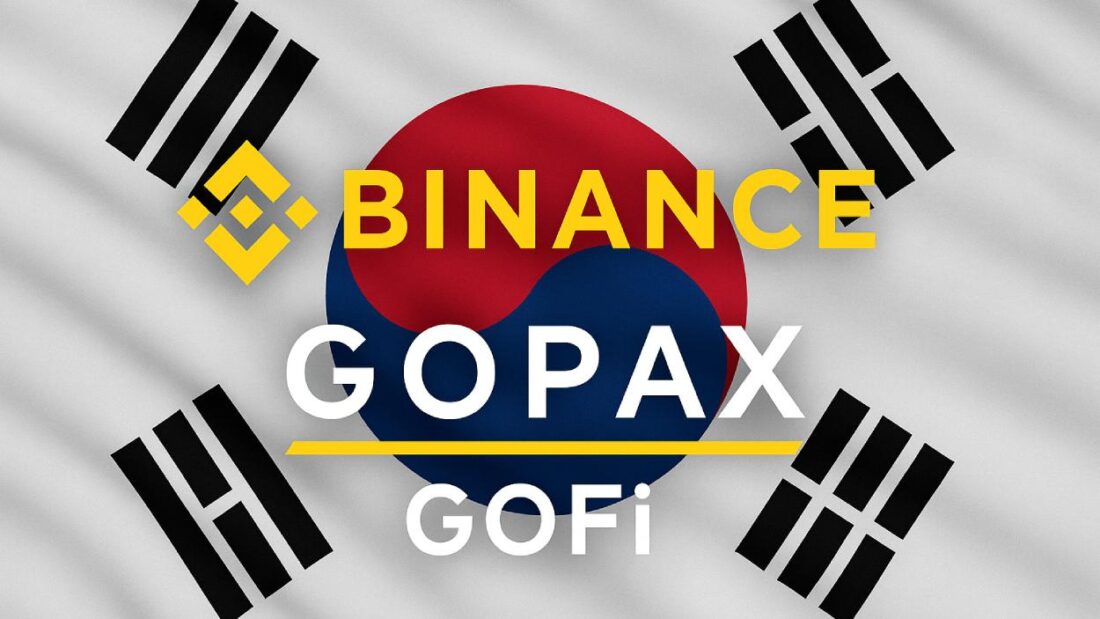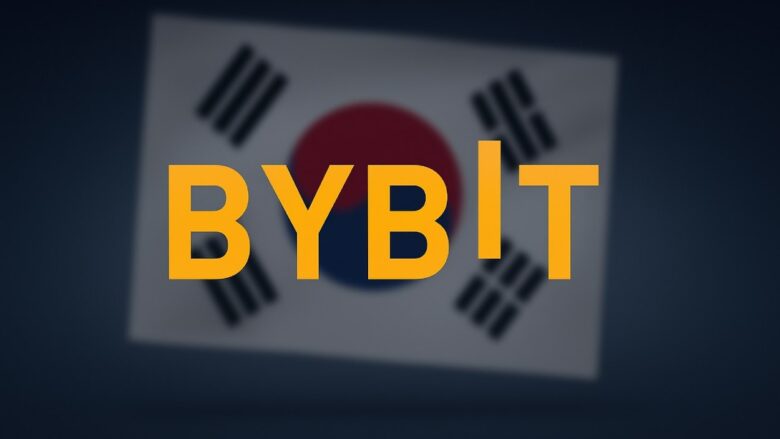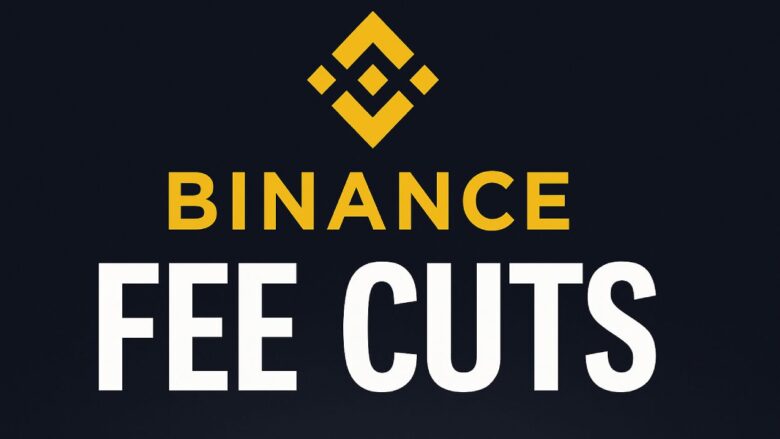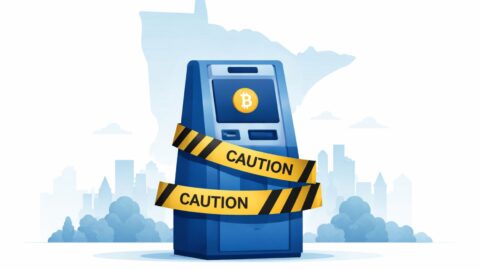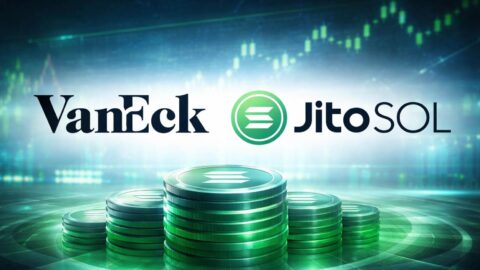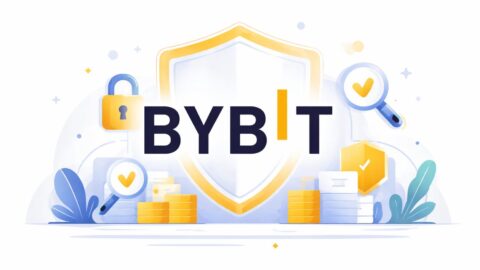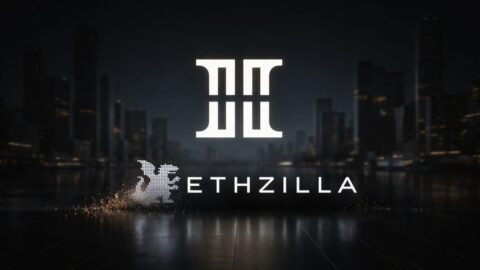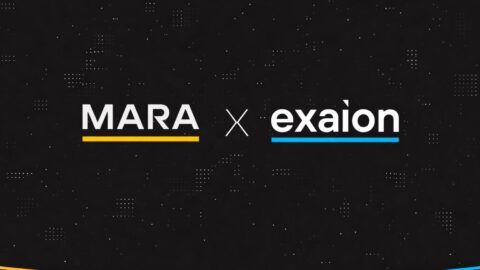Binance has officially reentered the South Korean crypto market after regulators approved its acquisition of local exchange Gopax, ending a two-year delay.
Key Takeaways
- South Korea’s Financial Intelligence Unit (FIU) approved Binance’s acquisition of a 67% stake in Gopax, clearing long-standing regulatory hurdles.
- Binance’s $4.3 billion U.S. legal settlement helped ease anti-money laundering concerns, paving the way for this approval.
- Binance has already disbursed $70 million to help Gopax recover from its 2023 liquidity crisis triggered by the collapse of Genesis Global Capital.
- The move signals renewed competition in South Korea’s crypto market, which is dominated by Upbit.
What Happened?
Binance has completed its long-delayed acquisition of Gopax, one of South Korea’s five licensed crypto exchanges, following final approval from the country’s Financial Intelligence Unit. This marks Binance’s official return to the South Korean market, which it exited in 2021 due to increasing regulatory pressure. The deal had been stalled for nearly two years over concerns about Binance’s compliance practices, especially regarding anti-money laundering (AML) measures.
🇰🇷 @binance officially returns to South Korea!
— CoinRank (@CoinRank_io) October 16, 2025
Binance has completed its acquisition of local crypto exchange Gopax, after Korea’s Financial Intelligence Unit (FIU) approved key management changes on Wednesday — ending a two-year regulatory delay.
Binance first acquired 67% of… pic.twitter.com/25CqGcGXEV
Regulatory Hurdles Finally Cleared
The takeover process began in February 2023 when Binance acquired a 67% stake in Gopax. However, the FIU delayed approval after raising concerns tied to Binance’s global legal troubles, particularly in the United States. In 2023, Binance reached a $4.3 billion settlement with the U.S. Department of Justice over unregistered operations and AML violations. This, along with a management shake-up and new compliance measures, was instrumental in convincing South Korean regulators to move forward.
South Korea’s FIU granted approval after Gopax submitted its executive restructuring plan, the final regulatory requirement. This allows Binance to integrate its global infrastructure into Gopax and operate legally in one of Asia’s most tightly supervised crypto markets.
Gopax’s Liquidity Crisis and Binance’s Intervention
Gopax faced serious financial trouble in early 2023 due to its exposure to Genesis Global Capital, a key partner in its GoFi yield product. When Genesis filed for bankruptcy following the FTX collapse, $47 million in Gopax user funds were frozen. Binance stepped in with a $70 million disbursement to help cover the losses and restore confidence.
Under Binance’s ownership, Gopax is expected to renew its banking relationship with Jeonbuk Bank, which is crucial for maintaining its license to handle fiat-to-crypto transactions. The renewed partnership is also aligned with South Korea’s upcoming 2025 Virtual Asset User Protection Act, designed to tighten oversight on digital asset firms.
Impact on South Korea’s Crypto Market
South Korea is one of the world’s most active retail crypto markets, with Upbit currently holding over 72% of trading volume. Binance’s reentry could significantly alter market dynamics by increasing liquidity, lowering regional price premiums, and intensifying competition. The FIU’s approval also reflects a broader trend of South Korean regulators opening up to global players who demonstrate robust compliance.
The acquisition reaffirms Binance’s commitment to user protection and ecosystem recovery, a message the company has consistently shared since the collapse of several regional platforms.
Broader Asian Strategy
The Gopax deal fits into Binance’s larger strategy to expand across Asia. The exchange is also active in Japan, Thailand, Vietnam, and China, and recently collaborated with SoftBank-backed PayPay in Japan. Binance founder Changpeng Zhao has emphasized the importance of Southeast Asia’s digital growth, positioning the company to benefit from economies with high crypto adoption rates and tightening regulatory regimes.
CoinLaw’s Takeaway
In my experience watching global exchanges try to crack local markets, this is one of the more patient and strategic plays by Binance. The two-year delay could have easily been a deal breaker, but Binance stayed the course, cleaned up its global act, and used its deep pockets to not only buy into Gopax but help bail it out. That $70 million infusion wasn’t just a rescue move, it was a signal to both regulators and users that Binance means business. This deal doesn’t just revive Gopax. It potentially redefines how crypto giants operate in rule-heavy markets like South Korea.

